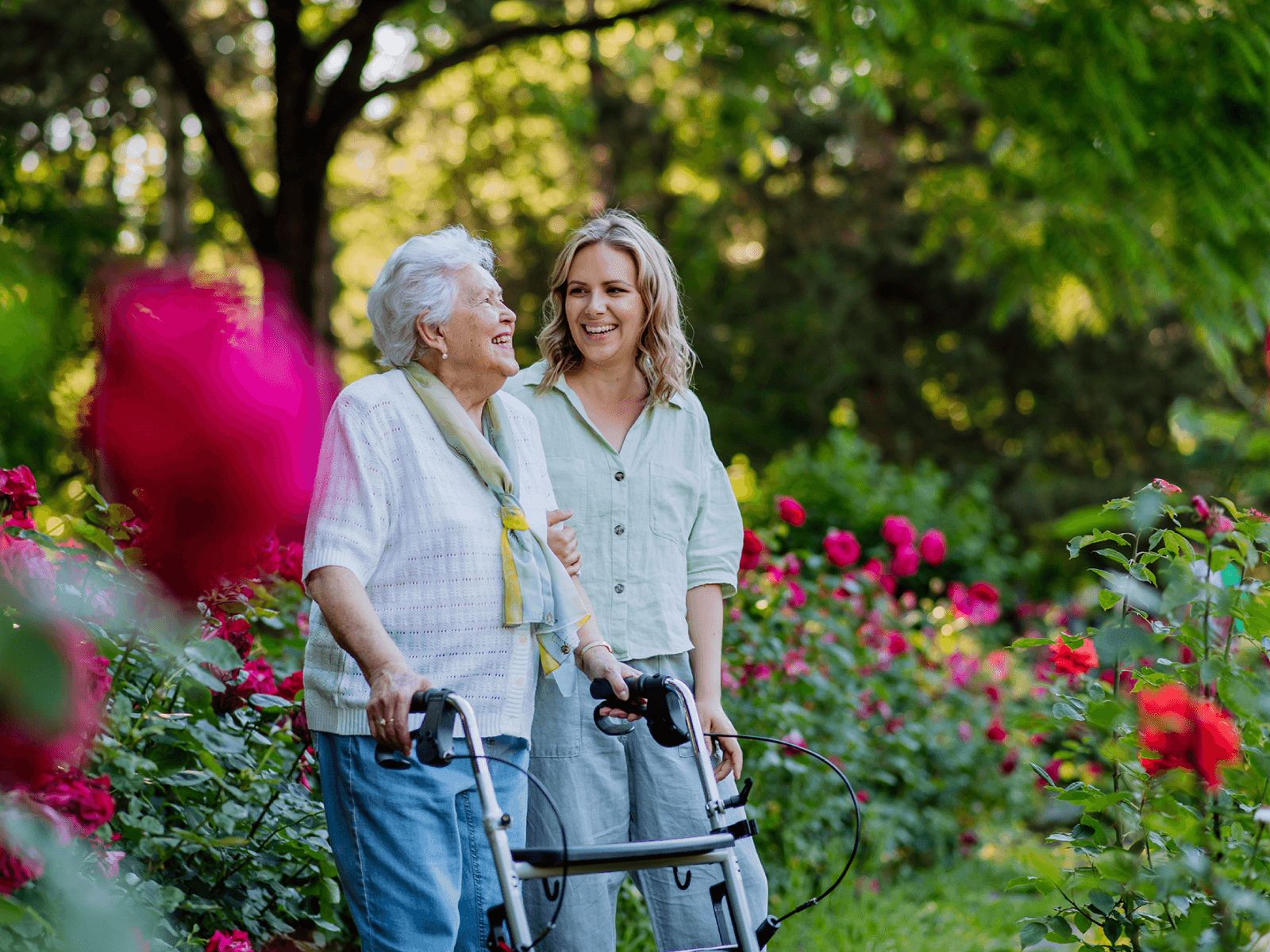Caregiving has long been seen as a role primarily filled by women, but more men are stepping in to provide care for their loved ones. Whether it's for a spouse, parent, or grandparent, male caregivers face unique challenges and experiences that often go unnoticed.
In this article, we explore the lives of male caregivers and dive into their daily struggles, their motivations, and the growing presence of men in caregiving roles. With insights from our survey of 1,000 American men, we aim to shed light on how men are breaking stereotypes and embracing caregiving with dedication and compassion.
Key Takeaways
1 in 3 men regularly perform unpaid caregiver work, spending an average of 21.5 hours on caregiving tasks each week.
1 in 4 Gen Z men regularly perform unpaid caregiver work.
3 in 4 male caregivers also work a full-time job, and 10% work a part-time job. Only 7% of male caregivers are fully devoted to caregiving.
1 in 4 employed male caregivers hide their caregiving responsibilities from their employer.
1 in 20 male caregivers have been demoted or fired because of their caregiving responsibilities.
Men in Caregiving Roles
More men than ever are stepping into caregiving roles, breaking traditional stereotypes and redefining what it means to be a caregiver.

One in three men said they regularly perform unpaid caregiver work, dedicating an average of 21.5 hours each week to tasks like personal care, medical management, and household duties. Younger men, especially Gen Z-ers, have increasingly taken on caregiving responsibilities, with 1 in 4 regularly caring for a loved one.
Among professions, men working in healthcare were the most likely to be caregivers (43%), while those in manufacturing were the least likely (29%). The youngest men were taking care of grandparents, with an average caregiver age of 34. Men caring for in-laws were the oldest, averaging 45 years old, while those caring for their spouses were the second-oldest caregivers.
Many male caregivers (43%) expressed that they wanted to take on their caregiving role. Half of those caring for their spouse said the same, highlighting their emotional connection and commitment to supporting their life partners.
On the other hand, 43% of men caring for their grandparents took on the role because no one else was available to help. These caregivers are doing an admirable job stepping up and providing essential support when it's most needed.
Employed Caregivers
Working an additional job while caregiving can be a challenge, and many male caregivers have been handling this difficult balancing act.

Three in four male caregivers said they work a full-time job in addition to their caregiving role, while another 10% said they work a part-time job on top of it. Only 7% of male caregivers were fully devoted to caregiving without an outside job.
The strain of juggling both work and caregiving has led to complications for many: 1 in 4 male caregivers who were also employed elsewhere said they hide their caregiving responsibilities from their employer, fearing repercussions. Unfortunately, this fear had become a reality for some: 1 in 20 male caregivers faced demotion or job loss because of their caregiving duties.
While balancing work and caregiving can be tough, there are ways to make it more manageable. Male caregivers can benefit from open communication with their employers, exploring flexible work options like remote work or adjusted hours.
Building a support network — whether through family, friends, or professional caregiving services — can also help ease the load and reduce the risk of burnout. Prioritizing self-care and seeking resources designed for caregivers can make a significant difference in maintaining a healthy balance between work and caregiving.
Daily Life of a Caregiver
The day-to-day life of a male caregiver can be both demanding and deeply rewarding. Many face significant challenges, but strong support networks and a positive outlook often help them manage the weight of their responsibilities.

While half of male caregivers reported feeling burnt out and anxious, the sense of support from family and friends was strong, with 3 in 5 saying they've felt backed by their caregiving networks. For those feeling overwhelmed, seeking additional support — whether from family, friends, or local resources — can lighten the load.
Loss of income was the biggest challenge male caregivers expressed, but many have found comfort in the meaningful difference their caregiving makes. More than 3 in 4 also said that spending more time with their loved ones is one of the most fulfilling aspects of the role.
Looking to the future, 57% said they believe the number of male caregivers will increase over the next five years. This could point to a shift in societal norms, with more men stepping up to provide care and support for family members. With the right support, male caregivers can navigate these challenges and find balance in their caregiving journey.
Men's Future in Caregiving
As societal views continue to evolve, men are playing an even larger role in caregiving. The belief that there will be more male caregivers in the next few years reflects the growing acceptance of caregiving as a shared responsibility, regardless of gender.
With the right resources and support, men can continue stepping up to care for their loved ones in meaningful ways. As more men enter this space, they will help reshape the narrative around caregiving, proving that it's not just a duty—it's an opportunity to nurture relationships, provide comfort, and make a difference in the lives of those they care for.
Methodology
To determine the percentage of men who are caregivers, we surveyed 1,000 American men. Among them, 18% worked in tech, 7% worked in finance, 7% were healthcare professionals, 7% were educators, 6% worked in retail, and 6% worked in manufacturing. The remaining men were either unemployed or worked in a smaller industry. To better understand the male caregiving experience, we surveyed 500 men who regularly performed unpaid care work.
About Carewell
Carewell is committed to helping caregivers thrive. We understand the joys and struggles of caregiving. That's why we're dedicated to providing not only top-quality products but also the empathy, support, and guidance you need to feel confident and cared for in your role as a caregiver.
Fair Use Statement
Sharing this data for noncommercial purposes is permitted, but please link back to this original page.





